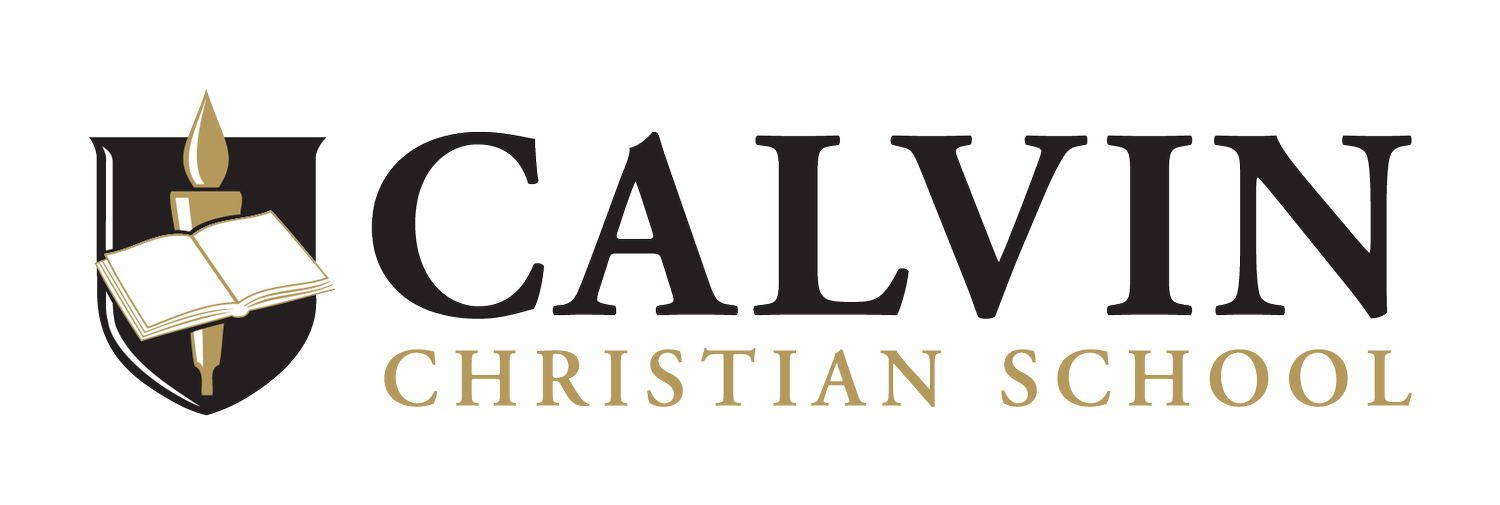Our Year 11 and 12 English Literature class has been studying William Shakespeare’s final play, The Tempest.
Set on a mythical island, the play explores the life of Prospero, a character who habours significant grudges against others and seeks cruel revenge for all who have wronged him.
At a pivotal point in the play Prospero is faced with a choice. His enemies are all at his mercy and he has the chance to punish them for their misdeeds. However, when Prospero is at the peak of his power, he chooses instead to forgive and show mercy. As Prospero decides to release and forgive his enemies, he reflects:
The rarer action is
In virtue than in vengeance (The Tempest, Act V, Scene 1, Line 27-28)
Prospero is a complicated character (just ask any of my English Literature students who sat an exam on him this week!). Like all of us, he wrestles with the big ideas of forgiveness, mercy, justice and freedom. He ultimately reaches the conclusion that while others have treated him poorly, he himself is not free from the blame and guilt that comes when relationships break down.
“The Lord is gracious and compassionate, slow to anger and rich in love.”
In a Christian school, studying a text like The Tempest gives fantastic opportunities for students to reflect on their own perspective and values on the ideas of grace and forgiveness. It is amazing that as we read literature that was composed over 400 years ago, we encounter people who wrestled with the same profound ideas that we see in the world around us today.
But as we look even further back in time, it’s clear that the struggle to reconcile with others has its roots in the most ancient of stories. Whether it is Cain and Abel, Joseph and his brothers or David and King Saul, the Bible is filled with accounts of broken relationships, broken trust and the struggle between justice and mercy.
It is only through Jesus and His ultimate act of forgiveness on the cross that each of us can truly understand and accept grace. And it is only through Jesus that we, like Prospero, can extend grace, mercy and forgiveness to others.
Our work with students in the classroom is accompanied by daily moments where grace and forgiveness are needed. As our Primary Students engage in the PeaceWise program, they are learning to build healthy relationships with others, including how to seek and offer forgiveness. When relational difficulties arise in the Secondary School, students are guided through a series of reflections known as a restorative conversation. In each and every context, we seek to be guided and equipped by the example of Jesus and His call for us to do the very hard work of loving and forgiving each other.
One of my favourite Psalms is a beautiful reflection on the character of God. In Psalm 145, David writes The Lord is gracious and compassionate, slow to anger and rich in love. I’m so thankful for the rich love and compassion of our Heavenly Father, and we pray daily that we might extend this same grace to each other in our community.
Stelle Carmichael - Head of Students

